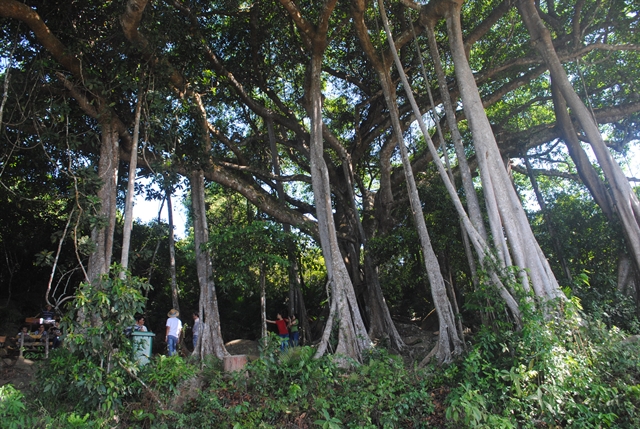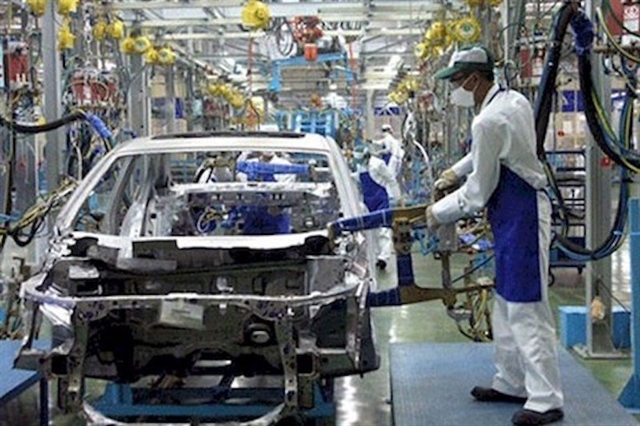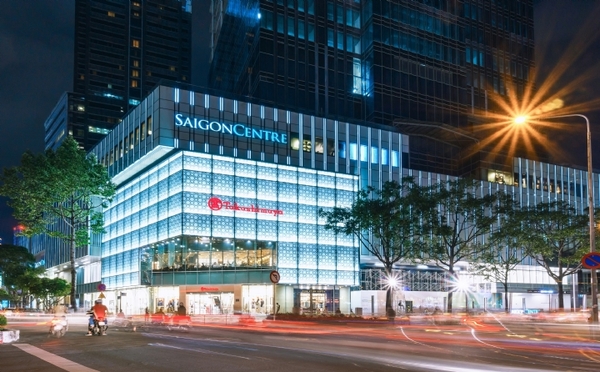 Environment
Environment

Numerous piles of garbage along the sides of a national road considered the ‘lifeblood’ route in the northern economic region prompted public concerns.
 |
| Illegal dumping sites along the stretch of National Road No 5 through Hải Dương Province could last up to 5-10m, prompting environmental concerns as the situation has persisted for years. — VNA/VNS Photo |
HẢI DƯƠNG — Numerous piles of garbage along the sides of a national road considered the ‘lifeblood’ route in the northern economic region has prompted public concerns.
The National Road 5, connecting the capital city of Hà Nội with the ports of the northeastern coastal city Hải Phòng, is also a part of the Asian Highway AH14 passing through three countries – Việt Nam, China and Myanmar.
Drivers have become accustomed to the sight of piles of trash littering the road – often in front of houses, eateries, or clinics.
Back in 2015, the then Deputy Prime Minister Hoàng Trung Hải had ordered the two provinces Hưng Yên and Hải Dương where the road runs through to find ways to put an end to this situation, but three years later, there has been little improvements.
The stretch that passes through Cẩm Giàng District of Hải Dương Province, however, is the place where most illegal dumping happens, Vietnam News Agency reported.
The trash mounds grow day by day without being collected and eventually spill out onto the road surface. When the rubbish becomes too much to handle, people nearby would burn them without any sorting or regard to protection. The smoke from the burning piles could last for a whole day, considerably reducing the visibility of the road and severely polluting the air.
Nguyễn Thị Mến, a resident of Cẩm Phúc Commune, Cẩm Giàng District, admitted that residents along the road keep dumping their waste here due to low environment awareness.
“However, residents’ trash makes up just a small amount, the majority of the trash is dumped here by people from other places who come in the night so not to be seen,” Mến said.
“In rainy days, pitch black wastewater from the garbage leaks onto the road, while on the dry days, the smell is really offensive. In addition, construction waste like bricks or blocks of cement being left are a huge traffic risk to drivers, especially during twilight time,” Phạm Anh Tiến from Lai Cách Commune of Cẩm Giàng District, said.
According to the project on collection and treatment of household waste in rural areas of Hải Dương in 2016-20, there are several causes to this long-standing issue, ranging from lack of manpower and equipment to the lack of awareness on the public’s part.
The shortage of land to be turned to landfills against the rising amount of waste is also listed as a primary reason.
There are a total of 46 illegal dumping sites across the Hải Dương Province, 17 of which are in Cẩm Giàng District.
From early 2018, the district authorities have ordered leveling and clearing of such illegitimate landfills along Highway 5 and Highway 38, as well as organised tree planting and awareness raising campaigns amongst the people, but the efforts have not proved to be enough as illegal dumpers must be stopped and heavily fined to end this situation. — VNS









